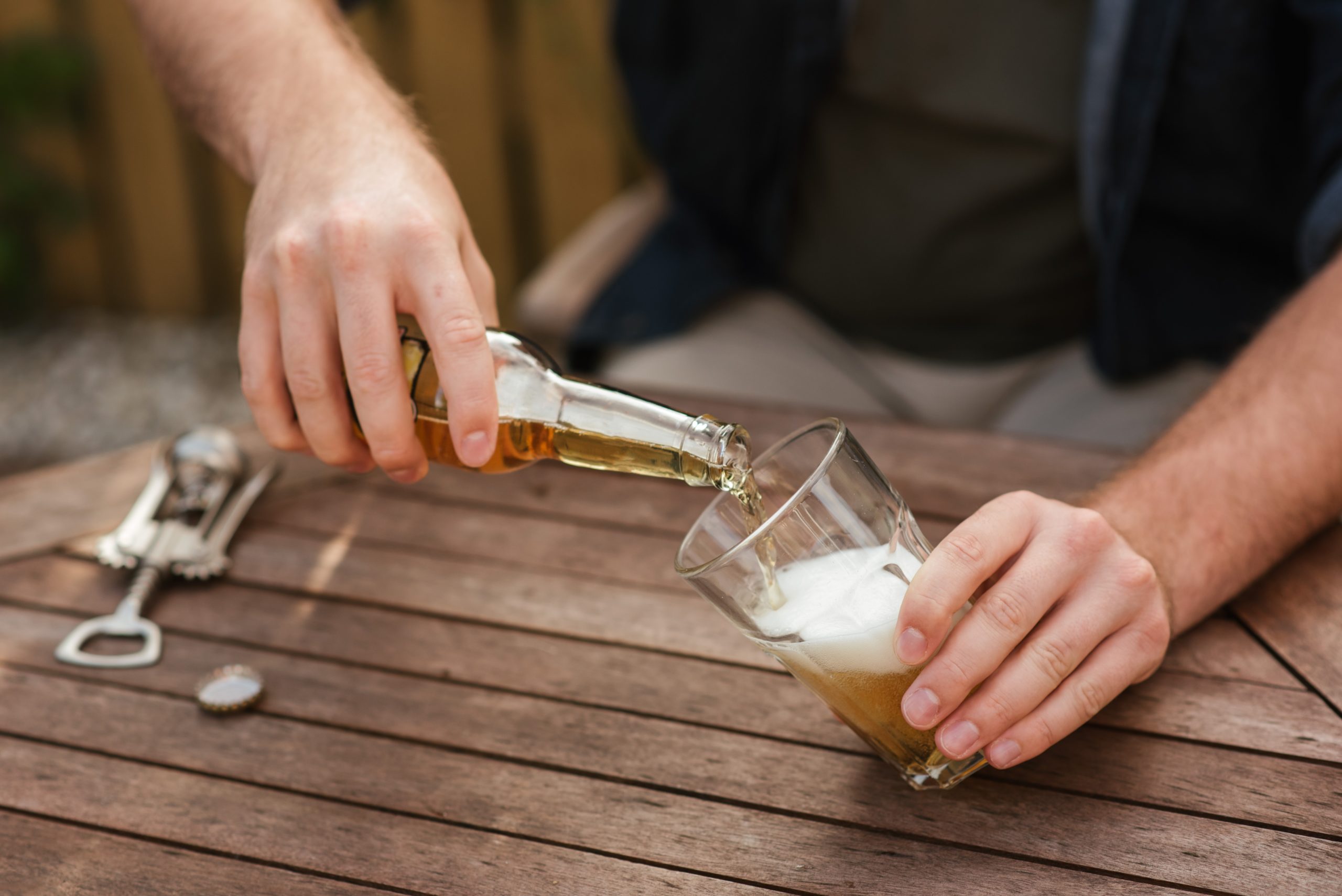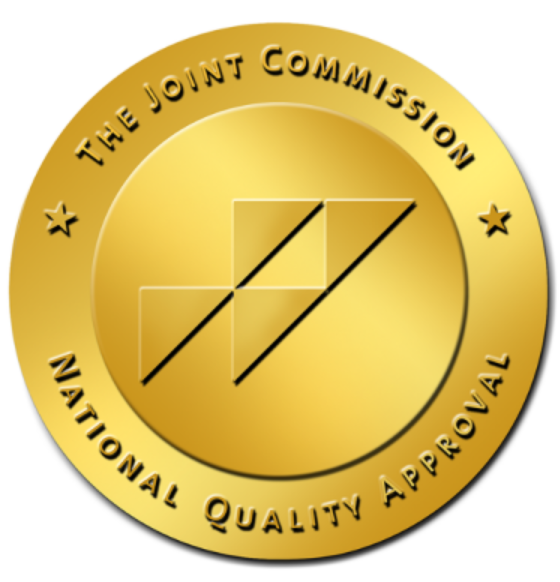Alcohol consumption plays an important role in our culture. Drinking alcohol is an essential aspect of religious rituals, business meetings, dating, and casual social interaction. While alcohol consumption in moderation can be a healthy and enjoyable activity that fosters social connection, the ubiquity of alcohol consumption in the United States and the pressures surrounding it contribute to high rates of alcohol abuse. According to the National Institute on Alcohol Abuse and Alcoholism, approximately 14.4 million adults in the United States suffer from an alcohol use disorder. The numbers are surprisingly high for adolescents as well, among whom almost half a million have an alcohol use disorder. Much of this population will never get help, either because of the shame and stigma surrounding alcohol addiction, or because they fail to recognize the problem.
One of the primary reasons people fail to seek treatment for alcohol dependence or addiction is that they mistakenly believe that certain styles of drinking or certain types of drinks are safer. Individuals who recognize their own problematic drinking behaviors often make a concerted effort to switch to a different drinking style or switch to different drinks. Others may fail to recognize their alcohol abuse entirely simply because they are under the misconception that their approach to drinking is inherently safe. While different drinks and different approaches to drinking have unique risks, alcohol abuse is possible with all of them.
Types of Abusive Drinking
Binge Drinking
Binge drinking is defined as consuming high quantities of alcohol in a short period of time. This style of drinking is often associated with partying culture and is highly popular among young people in college. Drinking at a rapid rate makes it difficult for the body to metabolize alcohol, which results in stronger feelings of inebriation. While this may be a person’s intention when engaging in binge drinking, the negative consequences can be severe. Binge drinking can lead to black outs, causing a person to lose their memory and exposing them to untold dangers. The reckless behavior that results from alcohol’s disinhibitory properties can lead to DUIs, car crashes, and other catastrophes. Binge drinking is also the style of drinking most likely to lead to alcohol overdose.
Solitary Drinking
Some people feel that by drinking alone, they are reducing the risks of alcohol consumption. While it is true that drinking alone is less likely to lead to embarrassing social mishaps, the risks are still severe. Solitary drinking is almost always an unhealthy behavior, signaling a person’s difficulties coping with their emotions. Because it is not socially regulated (ie, no one will ever say “I think you’ve had enough), it can quickly lead to dependence and heavy drinking. Worst of all, because no one else is around to help, alcohol overdose is more likely to be fatal.
Alcohol and Drug Abuse
Individuals may mix alcohol and drugs for many reasons. Some do it to increase feelings of intoxication. Others, however, use drugs to mitigate the perceived negative effects of alcohol. Stimulants like cocaine and amphetamine can reverse some of the depressant effects of alcohol and make people feel alert. Thus, individuals may use cocaine and feel like it is okay to drive. The reality is that they are actually more cognitively impaired on multiple substances. However, the greatest risk of mixing alcohol and drugs is that drug interactions lead to increased health complications and a higher likelihood of overdose. Mixing alcohol is especially dangerous with prescription opiates, stimulants, and other depressants.
Functional Alcoholism
Individuals who are able to meet their commitments and handle their obligations while engaging in alcohol abuse are often termed “functional alcoholics.” This misnomer refers to individuals who, at least on a surface level, appear successful despite their drinking habits. A functional alcoholic may utilize a variety of strategies to accomplish this, including drinking only on weekends, drinking only beer, only drinking with friends, or only drinking alone. However, the reality is that these individuals are often suffering far more than “non-functional” alcoholics, because they are working overtime to hide their difficulties with alcohol. Supposedly safe approaches to drinking, such as only drinking on weekends, can lead to dangerous binges. Sticking to beer might appear safer as well, but even though a single beer contains less alcohol than a standard drink of hard liquor, individuals who are alcohol dependent will consume a high quantity of beer to compensate for the drink’s lack of potency. Ultimately, abusive drinking is not defined by a person’s style of drinking, the amount of alcohol they consume, or even what their life looks like on the outside. If a person feels unable to control their drinking despite experiencing negative consequences, they can be said to suffer from an alcohol use disorder, no matter how “functional” they appear.
Getting Help
Friends and family members are often the first people to notice that something is wrong. Many individuals who suffer from alcohol dependence or addiction remain in denial until it is too late. If, however, you recognize that alcohol is causing problems in your life, it is essential to seek treatment as soon as possible. Alcoholism is a progressive disease that only gets worse over time. Outpatient treatment facilities can help people treat and manage their disorder to prevent negative consequences from accumulating. These treatment centers provide crucial support during the initial days of alcohol withdrawal. A rehab center can also work with individuals as they begin to rebuild their lives in newfound sobriety. Outpatient treatment centers do so using a variety of treatment modalities, including psychotherapy, skills training workshops, medication-assisted treatment (MAT), and support groups. During the course of alcohol addiction treatment, people have the opportunity to come to a better understanding of why the engage in alcohol abuse and to develop the skills and coping techniques they need to avoid relapse in the years to come.
Follow Us:










